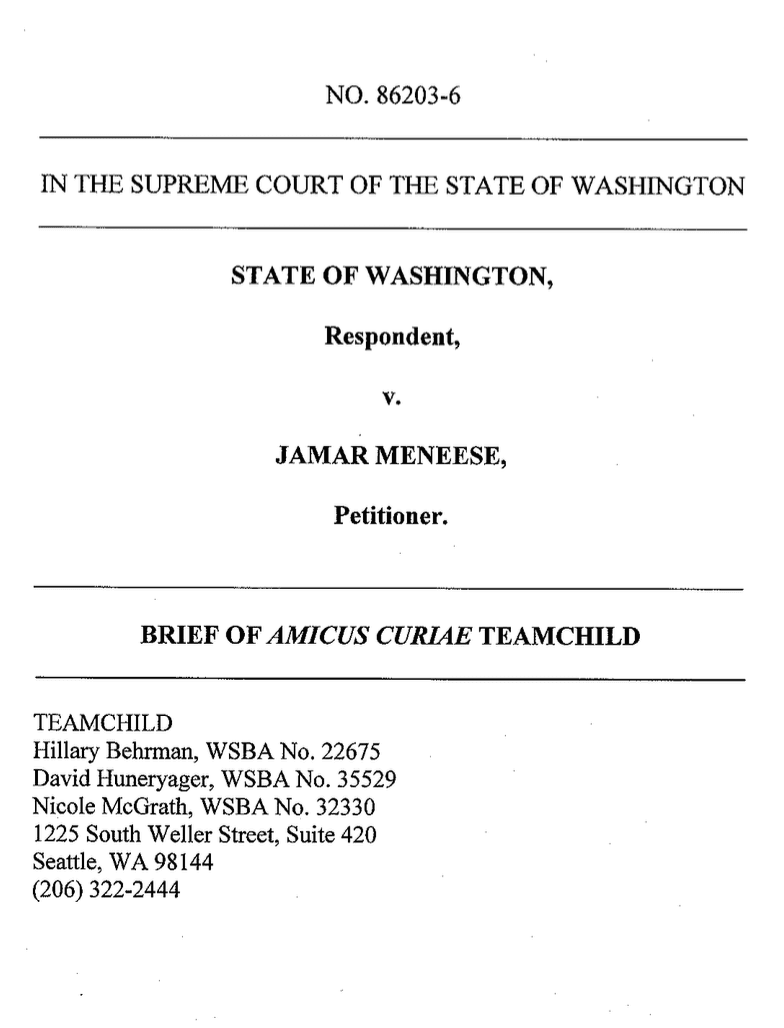
Summary of Argument
Washington students experience a dramatically different school environment than their parents did a generation ago. Schools now extensively employ zero tolerance school discipline policies and the use of school resource officers (hereinafter "SROs"). SROs primarily engage in law enforcement duties at school.
Schools throughout Washington State and the entire country have undergone significant changes regarding how they educate, supervise, andpolice students and their activities since the United States Supreme Court issued its decision in the TLO case in 1985. Despite these changes, however, there is no evidence that schools are safer due to zero tolerance policies. There is also no consensus that having a SRO, or SROs, in the school building makes schools safer.
As this Court examines the legality of a particular search of a student, the Court must consider how much the school environment has changed. These changes have been fueled by school resource officers ("SROs*) on school campuses and the use of zero tolerance school policies. These changes have also contributed to students dropping out of school and making contact with the juvenile and criminal justice systems.